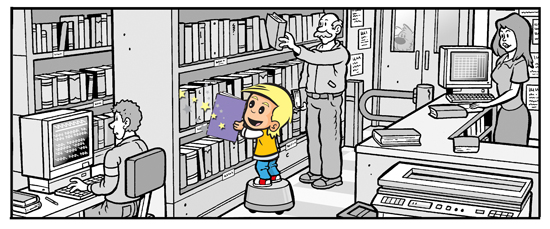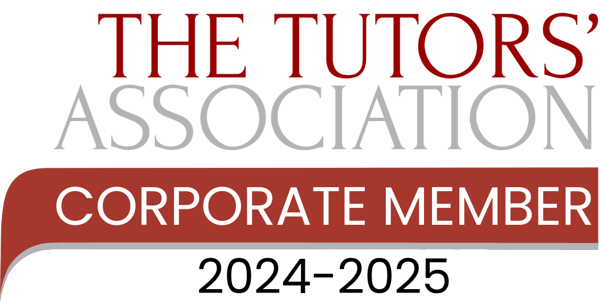Library Cards – The Key to a Treasure Trove of Possibilities

Libraries are institutions which many of us hold great affection for. Having grown up with a passion for literature, to me libraries will always represent a treasure trove of possibility. Around each corner of a library lies the prospect of adventure, drama, romance and, above all, knowledge. The great American author Isaac Asimov summarised this feeling of endless opportunity when describing a library in his own unique way: “It is a space ship that will take you to the farthest reaches of the Universe, a time machine that will take you to the far past and the far future, a teacher that knows more than any human being, a friend that will amuse you and console you – and most of all, a gateway, to a better and happier and more useful life.”
An early introduction to the library can help fire a passion for literature that will last a lifetime, and the humble library card is the key. While launching a new child literacy campaign, Education Secretary Nicky Morgan recently said that every eight-year-old should be enrolled in their local library as part of a national mission to make English students the most literate in Europe.
I would take this one step further, as I believe that in order to enjoy the full long-term benefits of reading a variety of literature, every child should be enrolled in their local library by their sixth birthday. The last five years have seen an upturn in the amount of children who leave primary school able to read properly, but there is still much room for improvement. One in five children still leave primary school unable to read well enough to succeed at secondary school – a figure that rises to 1 in 3 among the most disadvantaged children.
One way of helping to reduce the amount of children who leave primary school without the skills they need to progress well in secondary education is to implement school based book clubs. The Reading Agency has been doing some great work in this area and is now extending its popular Chatterbox scheme by setting up another 200 book clubs. These clubs will be set up in primary schools across the country in an effort to create a buzz about reading among schoolchildren.
As I have discussed in previous blogs, reading outside of school is incredibly important if a child is to achieve their full potential, and many parents ask me which books their children should be reading. Below is part of a list I have put together of classic books that I recommend to parents for their children. These are quite challenging and will develop a child’s vocabulary. Children should always have a dictionary to hand to look up difficult words. You should be able to find most of these titles in your local library:
• Alice in Wonderland by Lewis Carroll
• War Horse by Michael Morpurgo
• A Christmas Carol by Charles Dickens
• The Time Machine by H. G. Wells
• I am David by Anne Holm
• Peter Pan by J. M. Barrie
• A series of Unfortunate Events by Lemony Snicket
• The Railway Children by Edith Nesbit
• Around the World in 80 Days by Jules Verne
• The Dark Materials Trilogy by Philip Pullman
• Swallows and Amazons by Arthur Ransome
• Treasure Island by Robert Louis Stevenson
• Robinson Crusoe by Daniel Defoe
• Stormbreaker by Anthony Horowitz
• Frankenstein by Mary Shelley
• Alice Through the Looking Glass by Lewis Carroll
• Dracula by Bram Stoker
• The Hobbit by J. R. Tolkien
• Jungle Book by Rudyard Kipling
• Swiss Family Robinson by Johann Rudolf Wyss
• Roll of Thunder, Hear My Cry by Mildred D. Taylor
• The Legend of Sleepy Hollow by Washington Irving
Many of these books have stood the test of time and have brought delight to children for generations. Visit www.findalibrary.org.uk to find your local library and begin exploring.

